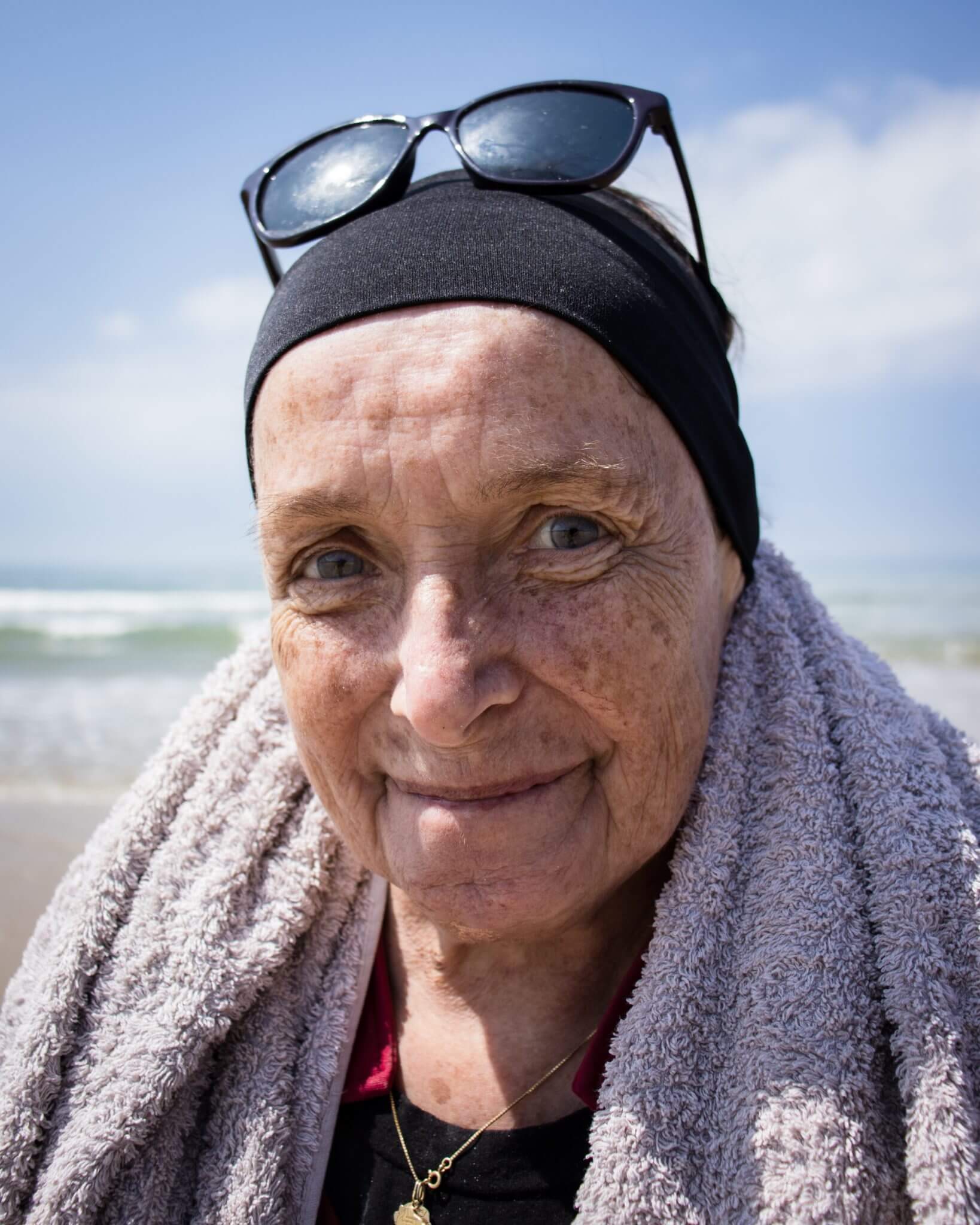
So, you’ve turned golden. The dust has settled, the kids have moved out and have families of their own, and you can now relax. Cherish your me-time by catching up on those missed movies and TV shows. Take up that new hobby you’ve been dreaming of for some time. Most importantly, pamper yourself. Get thee to the parlor and have thine hair and nails done. While you’re at it, treat those age spots on your skin. Vanity of vanities, they are not meaningless things!
What are Age Spots?
Age spots are small, dark, and flat patches on the skin, typically on the face, shoulders, arms, and hands. While they may look cancerous, these black or brown spots on the skin are usually harmless, just like freckles. Your skin simply ratchets up its melanin to protect itself from UV damage. You can help by wearing a mineral powder foundation like Made in Shade with built-in all-natural sunscreen.
Common in adults aged 50 and older, age spots could also affect the young if they are exposed to too much sun. These skin discolourations are invariably referred to as sunspots because they appear on body parts exposed to the sun, liver spots due to their shape, or solar lentigines owing to their lentil-like colour.
Because they are superficial conditions, age spots don’t require medical treatment. Diligently applying sunscreen, wearing a hat and gloves, using an umbrella, and staying out of the sun can do the trick. But for cosmetic purposes, you can have a dermatologist lighten or remove them. (Vanity of vanities, yes!)
Do Age Spots Appear Suddenly?
Most age spots appear gradually. However, they may take months or even years to form and darken so people don’t notice their presence until they reach a substantial size and deep pigmentation. This leads many to think that age spots appear suddenly.
That is not to say it’s impossible for the spots to emerge abruptly. It does happen, though rarely due to natural causes. Often, their swift appearance is caused by using commercial tanning beds and lamps.
It is also noteworthy to mention that people with light skin and those frequently exposed to intense sunlight have a higher risk of developing sunspots.
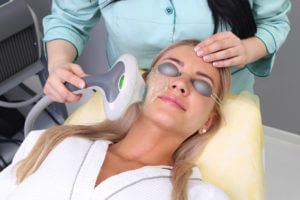
Can You Get Rid of Age Spots?
Yes! Age spots form at the base of the topmost layer of your skin called the epidermis. Thus, it’s possible to either lighten or eradicate them. The treatment just needs to go through the epidermis.
Most procedures must be performed in a dermatologist’s office, though they don’t necessitate hospitalization. Their length varies depending on the severity of pigmentation and the area covered by the spots. Dermatologists charge per visit ranging $5-$30 with insurance and $50-$200 without.
Age spots removal procedures come in different forms:
- Prescription Medications. Bleaching creams with hydroquinone can help fade the spots but it will be a gradual process that takes months. Creams with a mild steroid and tretinoin may accelerate the course. Whichever you choose, expect side effects such as redness, dryness, burning, or itching.
Cost: $40 – $200 per tube of cream
- Cryotherapy. This treatment involves applying liquid nitrogen to the area for about five seconds using a cotton swab. For small groups of spots, a spray may be used. Skin irritation may occur following the procedure, and there is a possibility of permanent scars or discolouration.
Cost: $150 – $350 per session
- Chemical Peel. This is a series of sessions where a chemical solution is spread on the spots to extract the top layer of the skin, allowing new skin to replace it. Redness may result around the treated area and could last for a few weeks. Other possible reactions to the treatment are skin infection, scarring, and either darkening or lightening of the skin’s colour.
Cost: $100 – $500 per session
- Dermabrasion. In this procedure, the skin’s surface is sanded down with a brush in a circular motion at high speed. When the top layer is removed, it allows new skin to grow. This procedure may need to be performed at least twice. The skin may turn red or pink afterward and it can take weeks to return to its natural tone. Swelling and scabbing are also possible side effects.
Cost: $100 – $2,000 depending on the number of sessions
- Microdermabrasion. A milder version of dermabrasion, this method follows the same process, albeit with gentle strokes of the brush. As such, it is suitable for lighter spots but is not advisable for people with small veins on their faces. Also, the results may only be temporary and the treatment may take several sessions over several months. The advantage of microdermabrasion is that it doesn’t cause serious reactions, only some sensitivity, and slight redness.
Cost: $100 – $2,000 depending on the number of sessions
- Microneedling. Performed by a dermatologist, this procedure involves “wounding” the pigmented skin with tiny needles. In response to the abrasion, the skin heals itself by growing new elastin and collagen.
Cost: $100 – $700 per session
- Laser and Intense Pulsed Light. These therapies utilize ablative lasers to disable melanocytes- the skin cells that produce melanin. Only the epidermis is scraped off so the skin surface is spared from damage. A patient would need to undergo two or three sessions.
Cost: $100 – $5,000+ per session (inclusive of doctor’s fees, anesthesia and medication)
- Non-Prescription Fade Creams and Lotions. Over-the-counter products with hydroquinone, tranexamic acid, niacinamide, kojic acid, or glycolic acid may lighten age spots but the results may take longer to manifest. Some people may experience skin irritation after application. Also, avoid skin lighteners that include mercury in their ingredients list. Check labels for mercuric, calomel, quicksilver, cinnabaris, or hydrargyri oxydum rubrum. These compounds can severely impact your nerves and liver.
Cost: $5 – $40 per tube, jar or bottle
Whatever treatment you choose, make sure to protect the treated areas when you’re outdoors. Keep the area covered and apply a broad-spectrum sunscreen with at least 30 SPF. If possible, stay indoors during the healing period.
Important Note: Treatment for age spots may not be covered by your insurance provider because it is considered a cosmetic procedure.
Choosing Concealment Over Treatment
If you’d rather hide the black and brown spots on your skin than opt for age spots removal, we recommend using these products:
Pro Concealer Palette. This waterproof and smudge-proof matte formula provides full coverage for any imperfection on your face and body. Aside from age spots, it can also conceal dark circles under the eyes, tattoos, bruises, acne, scars, redness, and hyperpigmentation. It also comes in several colours you can mix and match to blend it with your skin tone.
Dermaflage Concealer. Specially formulated to cover discolourations on your face and body, this waterproof product stays in place all day even without setting powder or spray. And because it is super-pigmented, you don’t need to apply a lot to get the full coverage you need. It’s also gluten and paraben free.
Behind the Scenes Corrector Palette. Replace your foundation with this colour corrector. It uses dark peach and Vitamin C to cancel dark discolourations while taking care of your skin with antioxidants. It is also infused with moisturizing agents to prevent flaking and creasing and for a long-lasting staying power.
Final Thoughts
The good news is that age spots don’t hurt, and therefore, don’t require treatment. And the better news is that you don’t need to endure seeing them on your face and body, either.
As we’ve demonstrated above, there are many ways to make them temporarily invisible or to get rid of them permanently. So, the best news is that you’re free to make that decision.
Keep in mind that you can prevent those spots from developing. Always protect your skin whether you are outdoors or indoors by generously applying sunscreen with SPF 30 or higher. Avoid getting under the sun between 10 AM and 3 PM. And on that note, stay away from tanning beds and lamps!

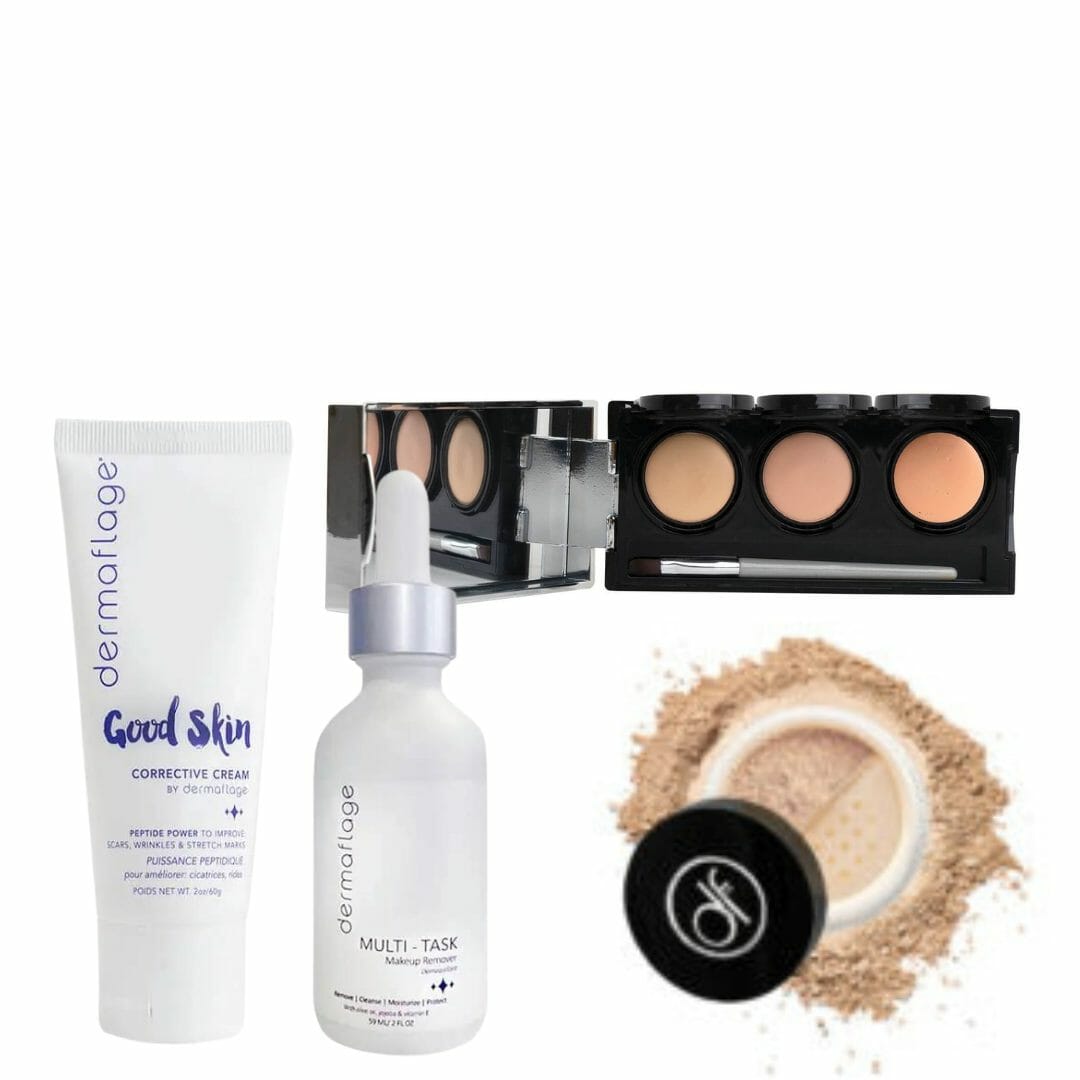
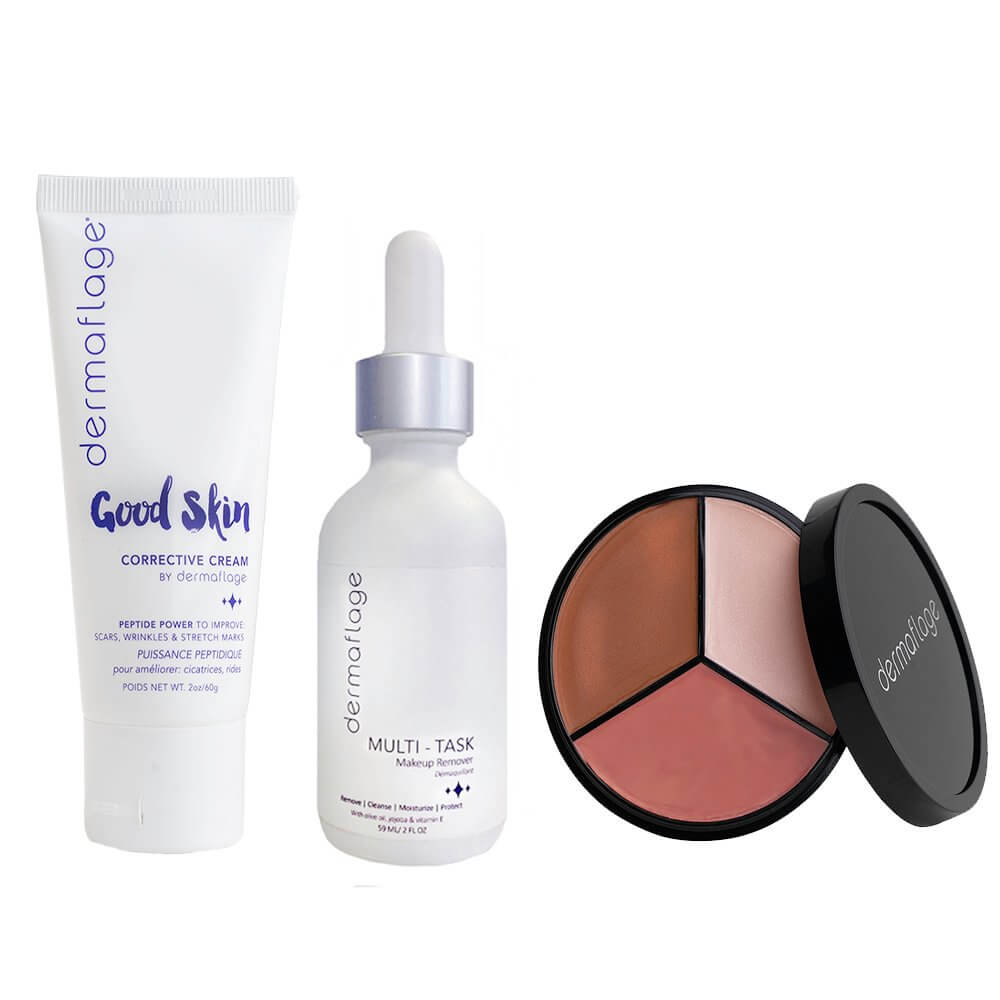
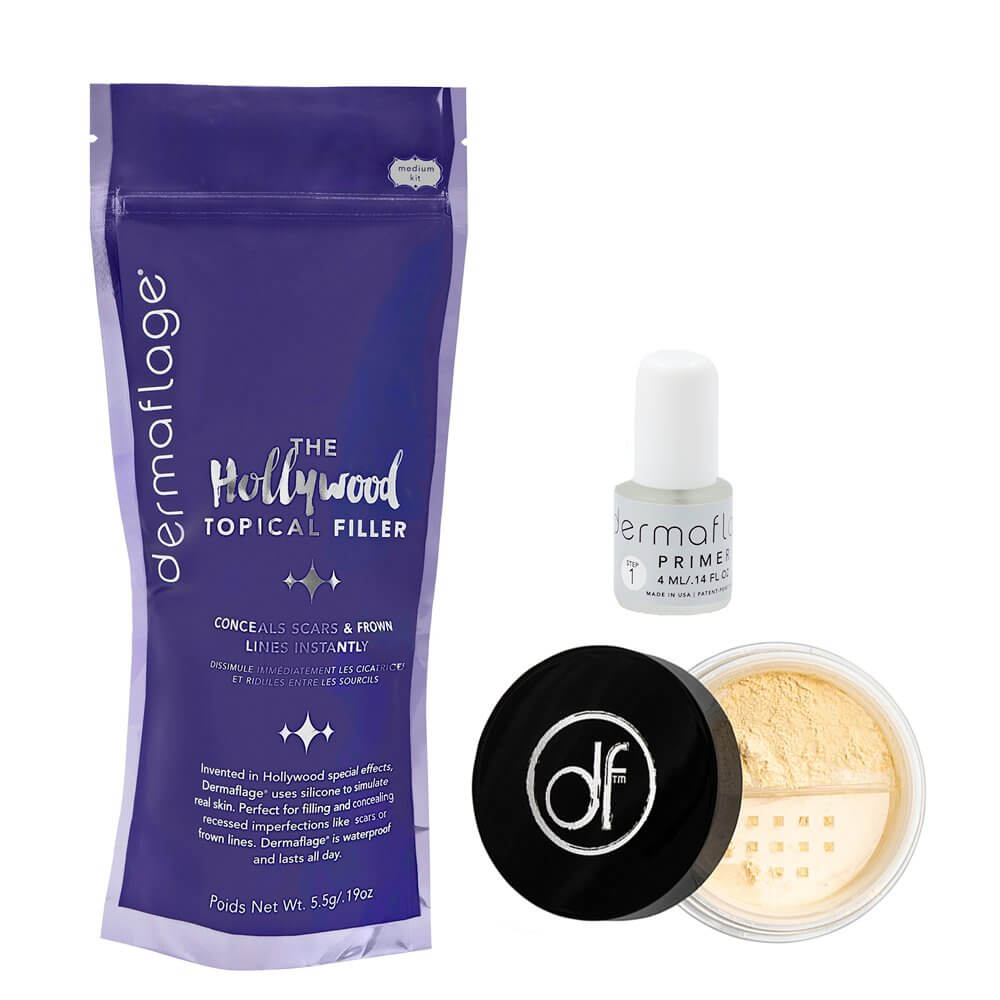
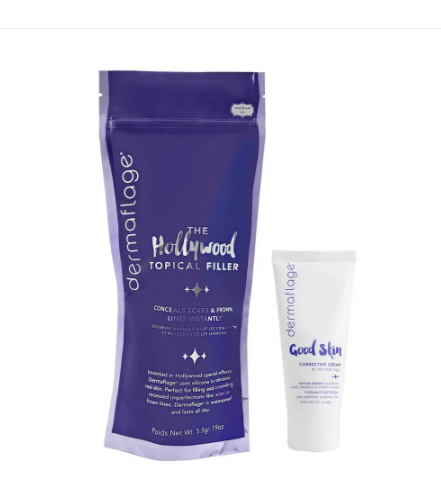


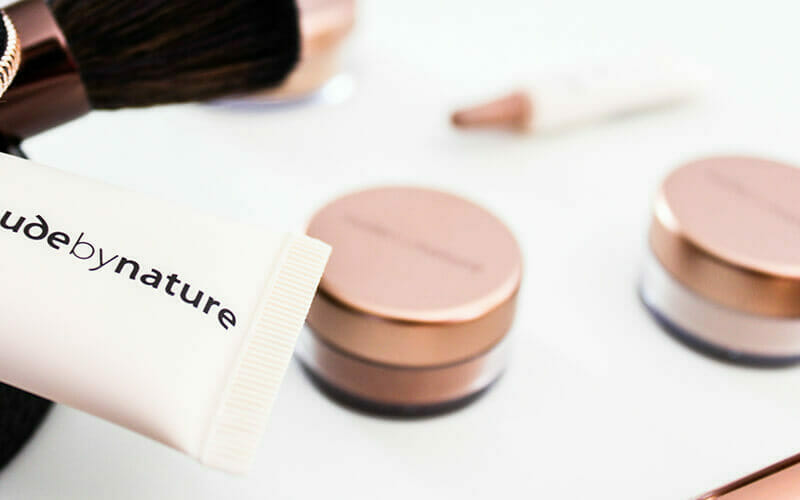







Leave a Reply
You must be logged in to post a comment.